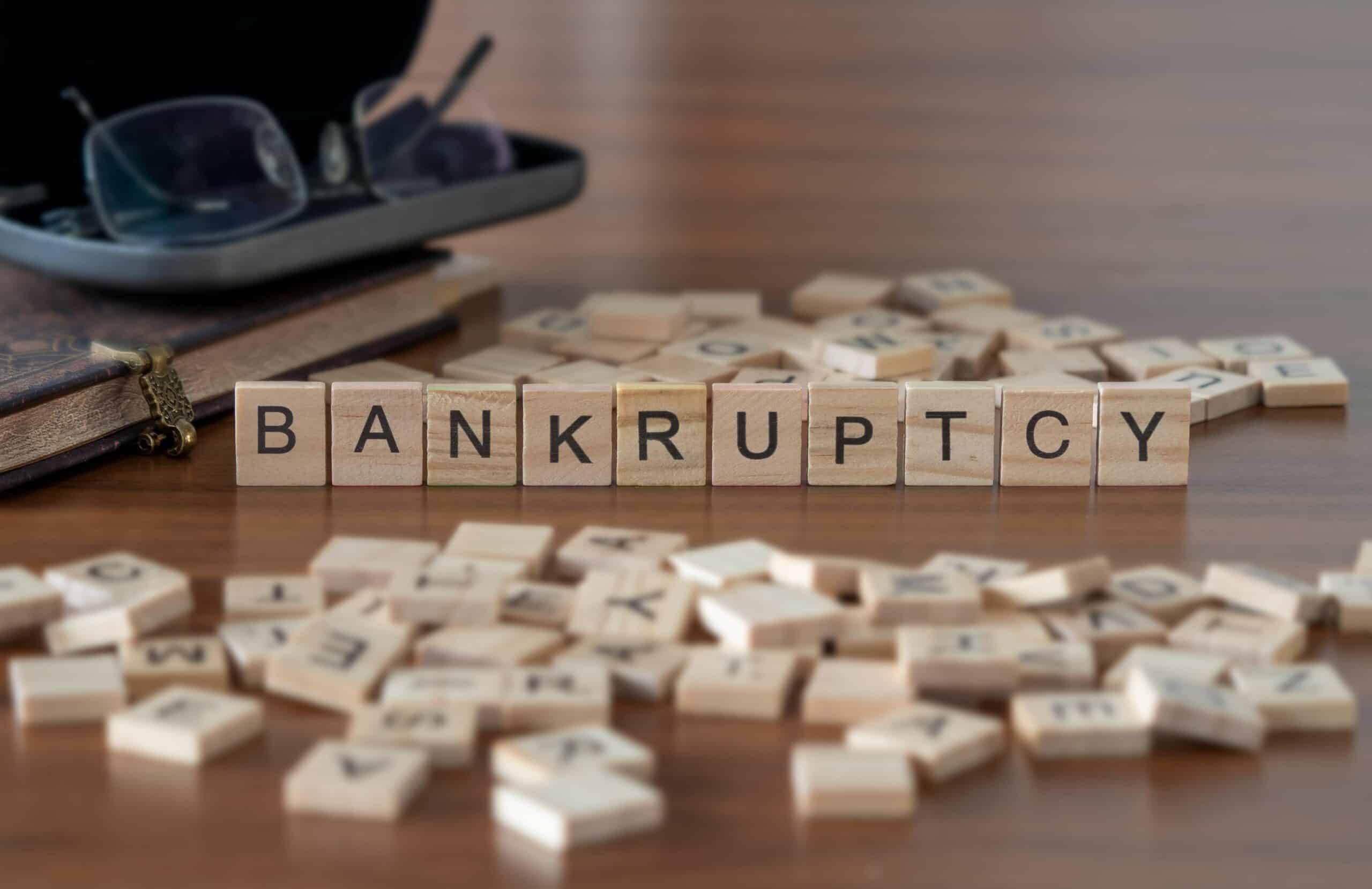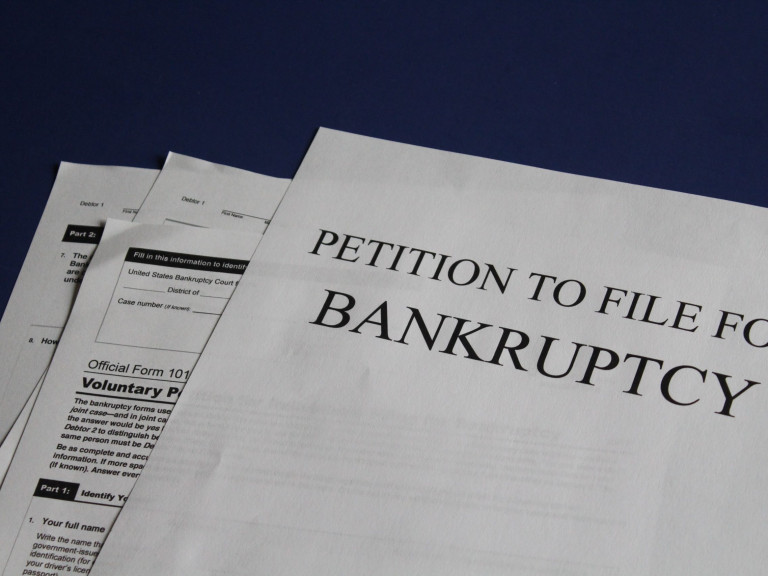Routine debt collection is stressful enough, but the situation can get a lot worse when a judgment is entered. That’s because a judgment creditor has options for collecting debt that other creditors do not.
Here’s everything you need to know about how judgments work, what’s at risk, and how bankruptcy frees some people from judgments.
What is a Judgment?
A judgment is a court order that says you owe a debt and obligates you to pay the person or business who won the judgment against you. A judgment is entered when the creditor files a debt collection lawsuit against you and wins. In theory, a debt collection lawsuit involves the creditor showing up in court and providing evidence that you owe the debt. Then, you have the opportunity to respond and provide your own evidence before the court makes a decision.
Unfortunately, that’s not how it usually plays out. Most judgements in debt collection cases are default judgments. That means the judgment is entered against the debtor because they didn’t show up in court to argue their case. This is usually a mistake. Avoiding the courtroom won’t stop the case from moving forward, but it will mean you don’t get to get to present a defense.
Why is a Judgment Worse than a Regular Debt?
A judgment opens the door to much more aggressive collection practices than the creditor or debt buyer could pursue before. Whether the judgment is entered after a trial or because you didn’t show up in court, the impact is the same.
One of the most common ways a creditor can collect on a judgment is through a court-ordered payment plan. A payment plan stops wage garnishment as long as you keep your payments current. But, if you don’t, the creditor can take you back to court to set aside the payment plan. That frees them up to begin the process of discovering your income and assets–you’ll be questioned under oath, so you can’t hide them–and requesting wage garnishment or attachment of assets.
Does Bankruptcy Clear Judgments?
Many people fear that once a creditor takes them to court, it’s too late to get relief from the debt. That’s not true.
Chapter 7 bankruptcy helps many people get rid of judgments. Here’s how it works.
The Automatic Stay Stops Collection on Most Judgments
In most Chapter 7 bankruptcy cases, an automatic stay is entered as soon as the case is filed. The stay is an order from the bankruptcy court telling creditors and debt collectors to stop what they’re doing. As long as the stay is in effect, creditors can’t take any action to collect debts. That includes actions as simple as sending out a collection letter and actions as advanced as calling you into court to disclose your assets so they can collect on a judgment.
In other words, the stay order can stop collection lawsuits at any stage, from initial filing to attempting to collect on a judgment that has already been entered. In fact, if your wages are already being garnished to pay a judgment, the automatic stay can put an end to that.
There are a few limitations on the automatic stay. For example, the stay may be time-limited if you’ve recently had a bankruptcy case dismissed. So, make sure you talk to an experienced Michigan bankruptcy attorney before relying on this protection.
The Chapter 7 Discharge Can Clear Judgments
In a successful Chapter 7 bankruptcy case, most unsecured debt is discharged. That’s a technical way of saying that you’re no longer legally required to pay that debt. Creditors can’t sue you for it, and they can’t report it to credit reporting agencies as an outstanding balance. In fact, the discharge order prohibits creditors and debt collectors from trying to get you to pay that debt. If they send you collection letters or call you about discharged debt, they are violating the order and can be sanctioned by the court.
If a judgment debt is unsecured, it’s treated like any other debt of the same type. For instance, if your credit card debt is dischargeable (it is), then a judgment for that unpaid credit card debt would also be dischargeable.
Are There Judgments that Aren’t Discharged in Bankruptcy?
If the underlying debt would not be dischargeable in bankruptcy, the judgment debt isn’t either. Some common examples of this include domestic support obligations, restitution ordered in a criminal case, and some types of tax debt.
Another issue arises if the judgment creditor has secured a judicial lien on property to help collect on the judgment. The possibility of a judicial lien and the complications that come with it is one reason it’s often a good idea to talk with a Michigan bankruptcy lawyer right away when a judgment is entered. But a judgment lien doesn’t necessarily mean all is lost.
People who file bankruptcy in Michigan are protected by bankruptcy exemptions. These exemptions prevent creditors (and the bankruptcy trustee) from taking certain property. For example, in Michigan $40,475 (increasing to $46,125 in March of 2023) in equity in your home is protected, and that number is higher if you’re over 65 or disabled. So,if a judgment creditor puts a lien on your house but you only have $35,000 in equity, the lien could be avoided.
To be clear, though, this applies only to court-ordered involuntary liens. For instance, if you agreed to a lien on your property as security for a loan, Chapter 7 won’t eliminate that lien.
Talk to a Saginaw Bankruptcy Attorney about Eliminating Judgments in Bankruptcy
If this sounds a bit complicated, that’s because it is. Most types of judgments can be discharged in Chapter 7, but not all. Some liens can be avoided, but not others. The extent to which a lien can be avoided depends in part on whether you choose federal or state bankruptcy exemptions.
The best source of information about whether Chapter 7 is the best way to get out of court ordered debt is to talk with an experienced local bankruptcy lawyer. At Reinert & Reinert, debt relief is all we do. To learn more about your options and how we can help, call 989-799-8860 to schedule a free consultation right now.



